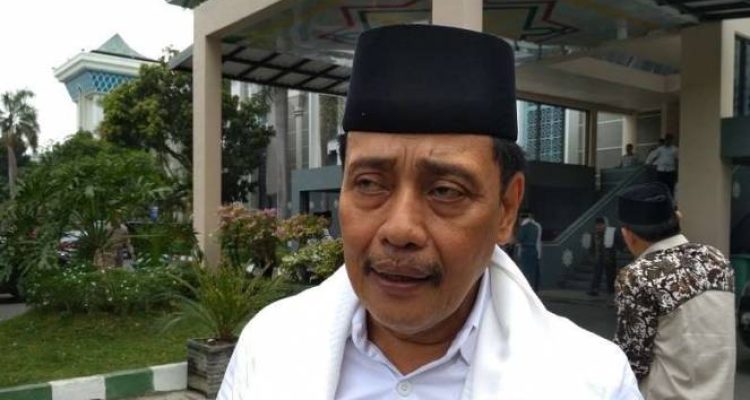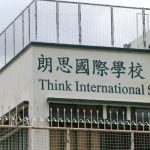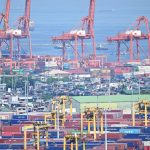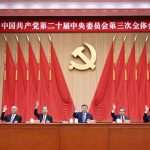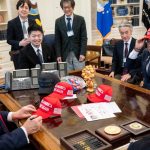Parents agree to Think International School’s proposal to give back half of debentures initially and the rest next January
A Hong Kong international primary school which is ceasing operations will give back half of the due debentures soon while honouring the other half next January in a proposal that parents have accepted, the Post has learned.
The proposal by Think International School followed its abrupt announcement last week that it would cease operations at the end of July and arrange meetings with parents at its campus on Saturday and Monday.
One father who attended Monday’s meeting said that the school offered to return half of the debenture initially while its affiliated preschool, Think International Kindergarten, would subsidise the cost of the closure.
He said about 15 parents who attended the meetings on Saturday and Monday all agreed on the school’s proposal.
“It is better to get something now than end up getting nothing,” said the father, whose child graduated from the school in 2022.
“There is no guarantee [that they will return the remaining half]. They can shut down the kindergarten tomorrow, and we cannot do anything about it. But that is a risk that we have to take.”

